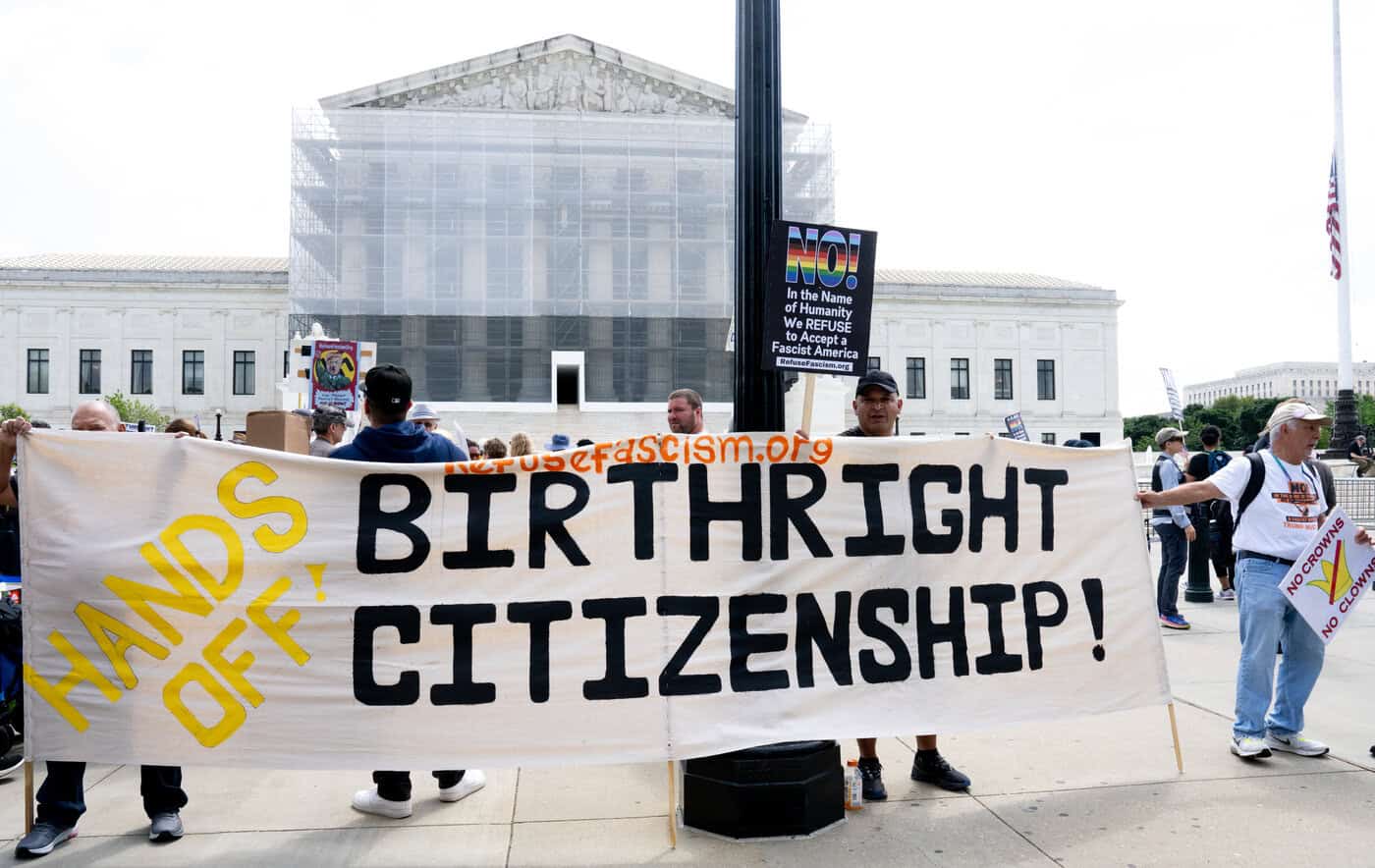Understanding Trump’s New Plans on Birthright Citizenship Enforcement
The immigration landscape in the United States has been a hot topic for many years, especially under the Trump administration. Recently, new plans have emerged regarding the enforcement of birthright citizenship, a principle that grants citizenship to individuals born on U.S. soil. This article will explore the implications of these new plans and how they may affect various immigrant communities.
What is Birthright Citizenship?
Birthright citizenship is enshrined in the 14th Amendment of the U.S. Constitution, which states that anyone born in the United States is automatically a citizen, regardless of their parents’ immigration status. This principle has been the subject of significant debate, particularly regarding its implications for immigration policy and national security.
Trump’s Plans to Enforce Birthright Citizenship
Under the recent proposals from the Trump administration, there are plans to tighten the enforcement of birthright citizenship. The primary focus is on preventing individuals from taking advantage of this provision, particularly in cases where parents may be unlawfully present in the country.
Key aspects of the proposed enforcement plans include:
These measures aim to address concerns about undocumented immigration and its perceived impact on American society.
Impact on Immigrant Communities
The enforcement of birthright citizenship can have profound implications for immigrant families, particularly those from countries with high levels of undocumented migration. Many families are concerned about how these new policies may affect their children, especially those born in the U.S.
Some potential impacts include:
Furthermore, communities in states like California and Texas, which have significant immigrant populations, may face heightened tensions as these policies are enforced.
Legal Challenges Ahead
It is anticipated that the new enforcement plans will face considerable legal challenges. Advocates for immigrant rights argue that any attempt to modify birthright citizenship violates the Constitution. The American Civil Liberties Union (ACLU) and other organizations are likely to mount significant legal battles against these changes.
Additionally, many legal experts believe that the courts will ultimately decide whether these enforcement strategies are constitutional. This situation creates a climate of uncertainty for families relying on the protections of birthright citizenship.
Immigration Policy Under the Trump Administration
The Trump administration has enacted a series of policies aimed at curtailing immigration, which includes increased border security, changes to asylum processes, and stricter enforcement of immigration laws. The focus has often been on national security, with an emphasis on preventing illegal immigration and ensuring that those who enter the U.S. do so legally.
Recent news from portugal immigration and other countries illustrates the ongoing global conversation about immigration and citizenship. Countries are reevaluating their policies in light of challenges posed by migration, economic factors, and humanitarian obligations.
Conclusion
As the Trump administration moves forward with plans to enforce birthright citizenship, the implications for immigrant communities are significant. The potential for increased scrutiny and legal challenges could reshape the landscape of citizenship in the U.S. It is essential for families to stay informed and aware of their rights as these changes unfold.
The immigration debate is far from over, and as new developments arise, it will be crucial to monitor how policies are implemented and how they affect individuals and families across the nation. As the situation evolves, staying informed through reliable sources will help communities navigate the complexities of immigration law and policy.
In conclusion, the administration’s focus on birthright citizenship enforcement is just one aspect of a broader immigration policy strategy. The implications are vast, and its impact on future generations could be profound. The conversation surrounding immigration continues to evolve, highlighting the need for thoughtful and compassionate approaches to this critical issue.










